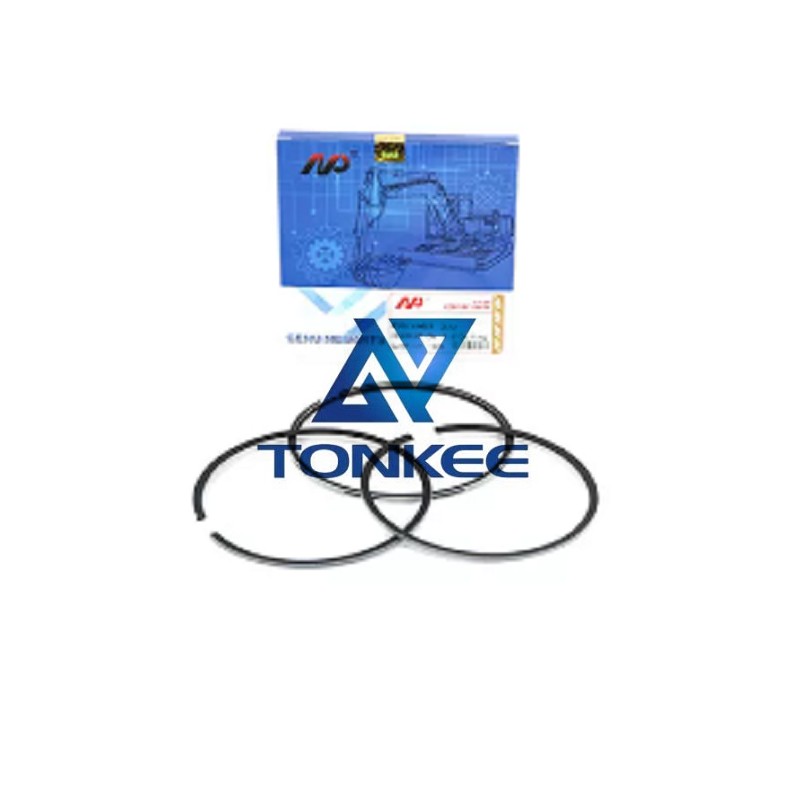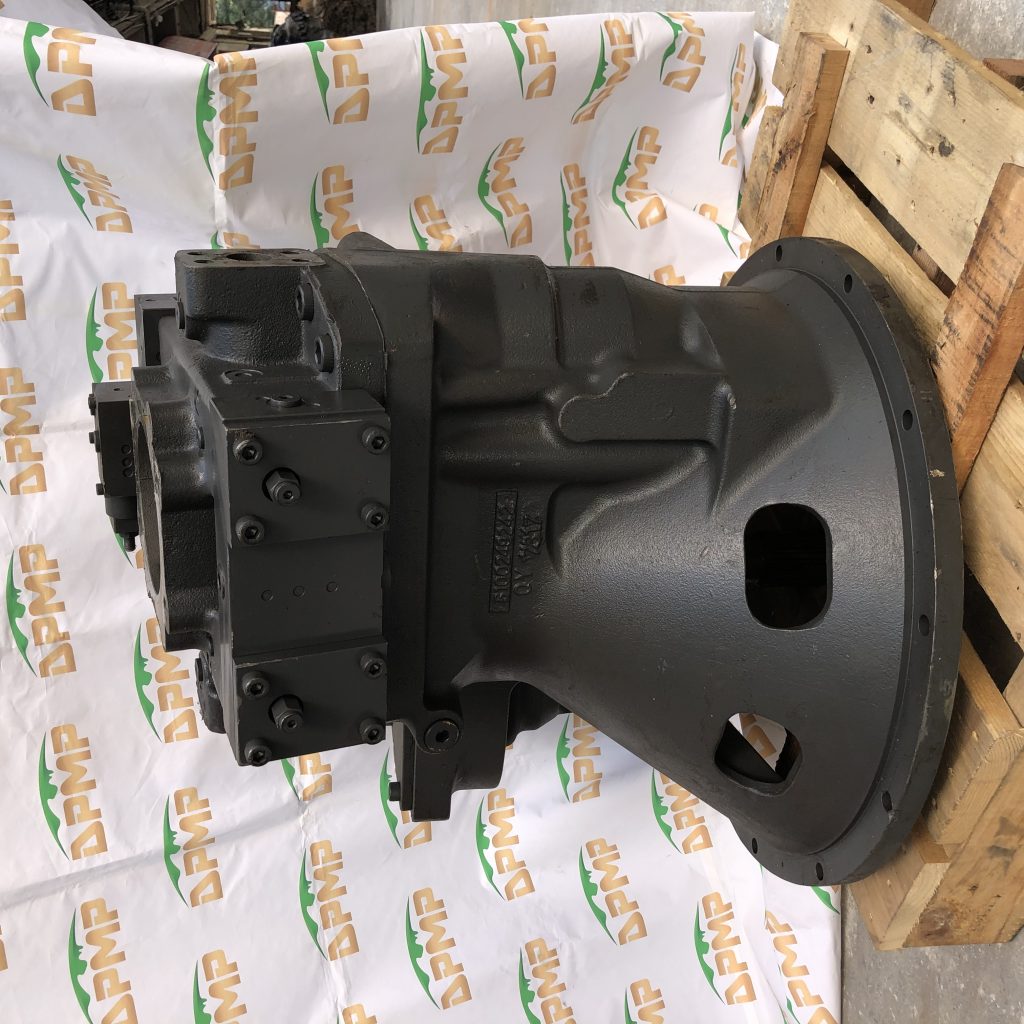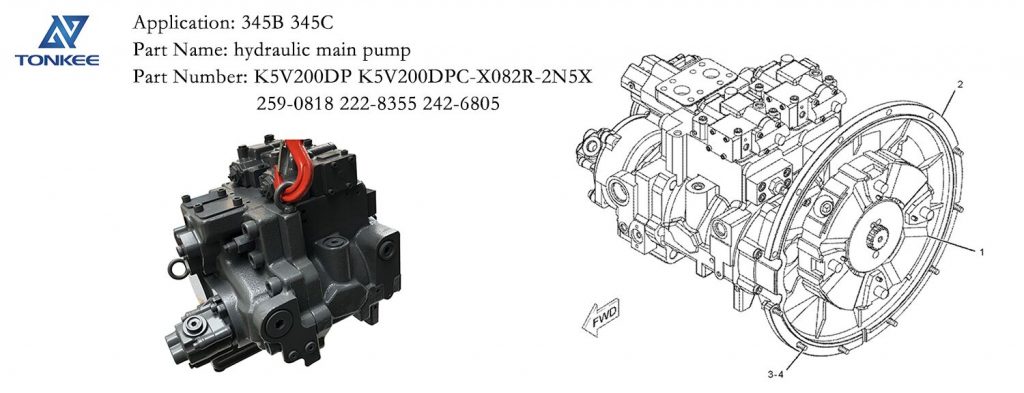
The piston rings for these excavator engines are typically made from high-quality materials such as cast iron, steel, or other durable alloys.
These materials are chosen for their ability to withstand high temperatures and pressures, as well as their resistance to wear and corrosion.
Ring Types:
The piston ring set for these engines usually consists of three types of rings:
Compression Rings: These are the primary sealing rings responsible for sealing the combustion chamber. They are designed to withstand high pressure and temperature.
Oil Control Rings: These rings regulate the amount of oil that reaches the combustion chamber and also prevent excessive oil consumption.
Wiper Rings: These rings are optional and are used in some engine designs to scrape excess oil from the cylinder walls.
Size and Dimensions:
The size and dimensions of piston rings are specific to the engine model. It's crucial to use the correct ring sizes to ensure a proper fit and sealing. Measurements include the diameter, width, and thickness of the rings.
Compatibility:
Each set of piston rings is designed to be compatible with a particular engine model. Using the wrong piston rings can lead to poor engine performance and even damage. Ensure that you select rings specifically designed for the DE12, D1146, or D2366 excavator engines.
Ring End Gap:
The end gap is the space between the ends of the ring when it's installed in the piston groove.
The gap should meet the manufacturer's specifications. An incorrect gap size can result in poor compression and oil control.
Ring Coatings:
Some modern piston rings come with special coatings to enhance their performance and durability. Common coatings include chrome, molybdenum, and nitride. These coatings improve wear resistance and reduce friction.
Heat Resistance:
Excavator engines generate high temperatures during operation. Therefore, piston rings for these engines must be able to withstand extreme heat without losing their shape or effectiveness.
Pressure Resistance:
Diesel engines produce high levels of compression, which can exert significant pressure on the piston rings. The rings must be designed to handle this pressure to prevent leaks and maintain engine efficiency.
Durability and Longevity:
The service life of piston rings is a crucial consideration. High-quality rings are designed to last for an extended period, reducing maintenance costs and downtime.
Installation Guidelines:
It's essential to follow the manufacturer's guidelines for installing piston rings properly. Proper installation ensures that the rings function as intended and maintain the engine's performance.



 English
English Русский язык
Русский язык





